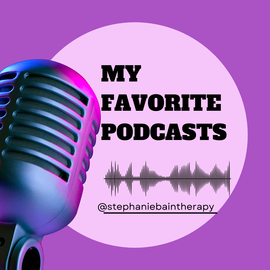|
A Spotify playlist with some of my favorite podcast episodes on attachment theory. These are episodes I recommend again and again as a couples therapist in Oakland, CA.
By understanding our own attachment style, we gain insight into our emotional patterns, needs, and behaviors in relationships. This self-awareness helps us recognize our default ways of relating to others and understand how our attachment style may influence our thoughts, emotions, and actions within relationships.
Attachment theory is a psychological framework that explores the nature of emotional bonds and relationships between individuals, primarily focusing on the early parent-child relationship and its influence on later development and adult relationships. It was initially developed by psychologist John Bowlby and further expanded upon by Mary Ainsworth. Key components of attachment theory include:
It's important to note that attachment theory has expanded beyond parent-child relationships and is also applied to understanding adult romantic relationships, friendships, and other social connections. It provides a framework for understanding the emotional dynamics, needs, and patterns of behavior that shape our interactions and bonds with others throughout life. Awareness of our attachment style can enhance communication and conflict resolution skills. We can better express our needs, fears, and insecurities to our partners, helping them understand our attachment-related triggers and providing an opportunity for compassionate and supportive responses. It can also facilitate empathy and understanding towards our partner's attachment style, leading to more effective communication and conflict resolution. Our attachment style often shapes our expectations and beliefs about relationships. Understanding our attachment style can help us recognize if our expectations are realistic or if they may be influenced by past attachment experiences. This awareness allows us to adjust our expectations, be more flexible, and work towards more balanced and fulfilling relationships. Therapy, specifically attachment-focused therapy, can be beneficial for individuals seeking to explore and work through attachment-related issues to improve their relationships.
Looking from a trauma therapist in Oakland, CA? Learn more here.
Looking for a queer couples therapist in Oakland, CA? Learn more here. attachment podcasts
0 Comments
Leave a Reply. |
AuthorStephanie Bain, LMFT Archives
April 2024
Categories
All
***Resources are not a substitute for therapy and are not intended for making diagnoses or providing treatment. Not all practices and tools are suitable for every person. Please discuss exercises, practices, and tools with your individual therapist or health care provider.
|


 RSS Feed
RSS Feed